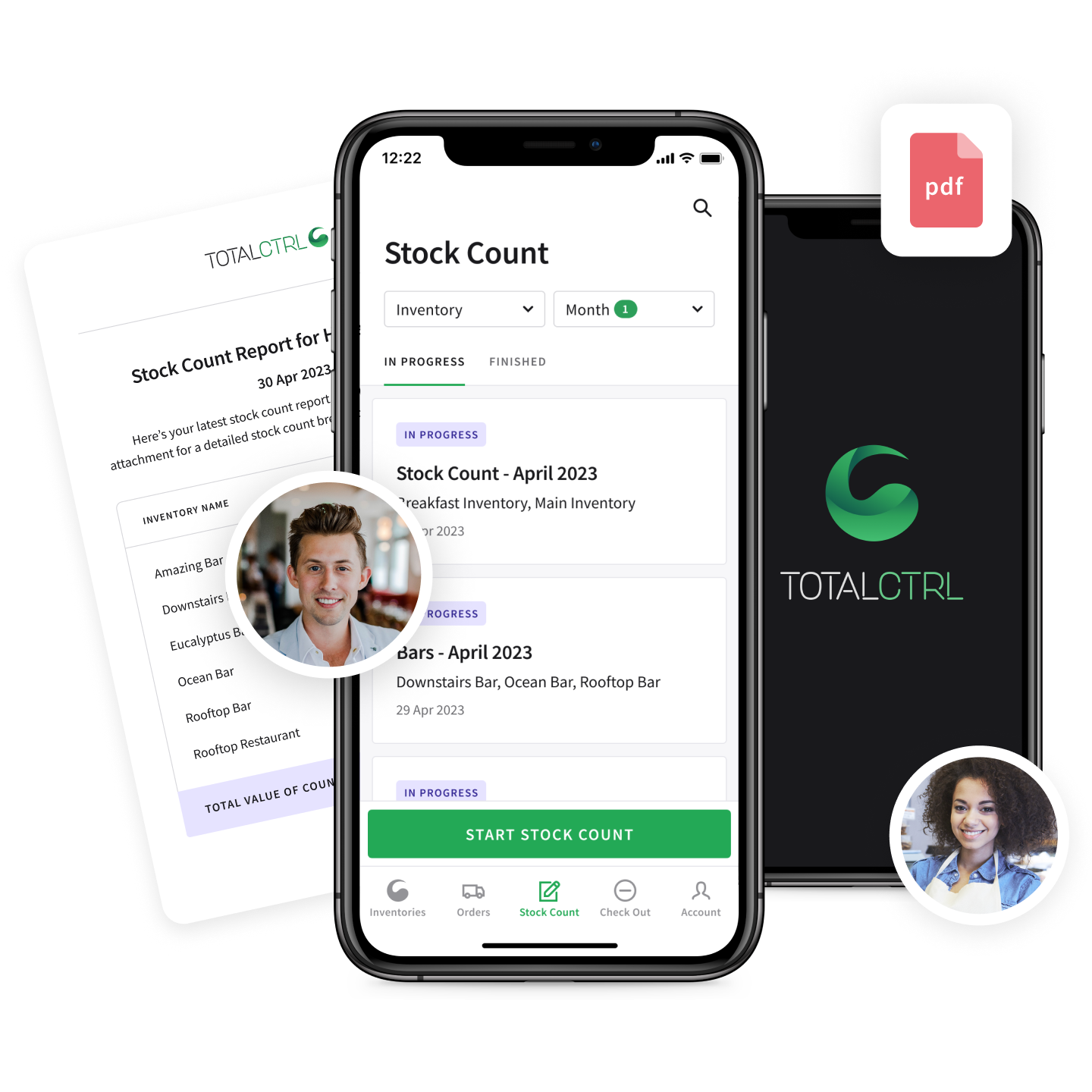Why Confirming Venue Access Times is Critical for Successful Catering and Event Food Service Worldwide
One of the most overlooked but vital details in event catering and food service is the confirmation of venue access times before committing to an event. For caterers, chefs, and event food providers operating on a global scale, this seemingly simple step can make the difference between flawless execution and logistical chaos.
Whether you’re delivering a lavish wedding banquet in Paris, a corporate gala in Singapore, or a casual outdoor festival in Johannesburg, knowing exactly when you can access the venue to set up your kitchen, equipment, and staff is fundamental. Without clear access times, the entire event timeline risks being thrown off, creating stress, delays, and potential damage to your reputation.
In this comprehensive blog, we will explore:
-
Why confirming venue access times is crucial
-
Common problems that arise from not confirming access
-
Best practices for confirming and documenting access times
-
How to handle situations when access is delayed or restricted
-
Tools and tips for smooth coordination with venues
Why Confirming Venue Access Times is Crucial
1. Ensures Adequate Setup and Preparation Time
Catering an event is a complex logistical task that often requires hours of setup. From unpacking equipment, prepping food stations, arranging tables, to testing kitchen appliances — these activities demand a reliable block of time before guests arrive.
Without confirmed access times, you risk arriving to find the venue locked or unavailable, forcing rushed setup or incomplete preparation that compromises food quality and service.
2. Facilitates Staffing and Scheduling
Caterers often juggle multiple events and teams. Knowing the exact venue access time allows you to schedule staff arrivals, transport logistics, and staggered work shifts efficiently, avoiding costly downtime or overtime.
3. Helps Manage Equipment Delivery and Parking
Many venues have strict rules about when and where catering trucks or suppliers can park and unload. Confirming access times lets you coordinate loading zones and ensure equipment arrives when it can be moved inside without delay.
4. Prevents Contractual and Financial Disputes
Access times are often stipulated in contracts. Confirming them ahead of time helps prevent surprises, avoids penalties for late setup, and protects your bottom line.
5. Supports Contingency Planning
Knowing your exact window to access the venue allows for better contingency planning, such as arranging backup kitchens, adjusting service style, or rescheduling prep steps if needed.
Common Problems When Access Times Are Not Confirmed
Failing to confirm access times can lead to multiple issues, including:
-
Delayed Setup: You arrive too early and must wait outside, or too late and have insufficient setup time.
-
Increased Costs: Staff and delivery vehicles waiting idle or working overtime to meet compressed timelines.
-
Stress and Confusion: Your team is unsure when they can begin work, leading to miscommunication.
-
Damaged Reputation: Late or rushed service damages client satisfaction and your professional image.
-
Equipment and Food Risks: Perishable food exposed to unsafe temperatures, or equipment left outside unattended.
Best Practices for Confirming Venue Access Times
1. Ask Early, Ask Often
Begin asking about access times as soon as you start contract negotiations. Follow up regularly — especially in the week leading up to the event — to confirm no changes have occurred.
2. Get It in Writing
Always request confirmed access times in writing, whether in the event contract, venue guidelines, or email correspondence. Verbal agreements are easily forgotten or misinterpreted.
3. Understand the Venue’s Policies
Some venues have fixed access windows; others may be more flexible. Ask about:
-
Opening and closing times
-
Loading dock and parking access
-
Security check-in procedures
-
Restrictions on noise or equipment use at certain hours
4. Coordinate With All Stakeholders
Confirm access times with not only the venue but also the event planner, client, and any other vendors (like decorators or AV teams) to ensure everyone is on the same page.
5. Schedule a Site Visit
If possible, do a site visit before the event to experience the access situation firsthand and confirm timelines in person.
How to Handle Access Delays or Restrictions on Event Day
Even with best efforts, delays or access restrictions can happen. Here’s how to respond:
Stay Calm and Communicate
Contact the venue manager immediately to understand the cause and estimated delay. Inform your team and client promptly.
Adjust Your Setup Plan
Prioritize critical setup tasks that must be done first. Delegate teams to start prep work that can happen outside the venue or in temporary spaces.
Use Waiting Time Productively
Have staff perform prep work off-site or in mobile kitchens to save time. Use waiting periods for final checks on equipment, menu review, or team briefings.
Negotiate for Extended Hours
If delays compress your setup window, request the venue to allow extended access after the event to pack up safely.
Document Everything
Keep a log of communications and delays in case you need to negotiate compensation or adjustments later.
Tools and Tips for Smooth Coordination
-
Checklists: Develop a checklist that includes confirming access times and venue policies as a mandatory step in event prep.
-
Communication Apps: Use messaging or project management apps to keep real-time communication open with venue and team.
-
Contracts: Include clear access time clauses with penalties or remedies for non-compliance.
-
Backup Plans: Always have contingency setups — portable kitchens, alternative entrances, or temporary storage — to handle access issues.
Conclusion
Confirming venue access times before committing to an event is not optional — it’s essential for delivering professional, efficient, and stress-free catering service globally. The time invested in clarifying these details upfront saves you from costly delays, operational headaches, and unhappy clients.
By prioritizing early communication, documentation, and contingency planning around access times, you build a reliable reputation as a caterer who delivers excellence regardless of venue challenges.


















0 comments:
Post a Comment
We value your voice! Drop a comment to share your thoughts, ask a question, or start a meaningful discussion. Be kind, be respectful, and let’s chat!